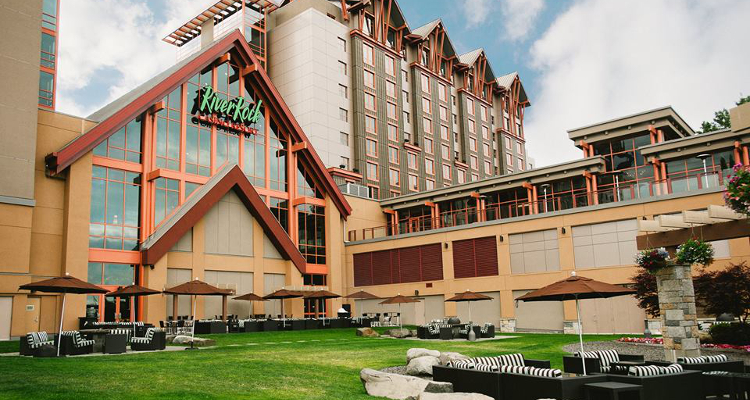In western Canada, a union that represents a large number of casino workers has reportedly been left ‘shocked and surprised’ after being told that it must pay over $400,000 in order to have the British Columbia Lottery Corporation regulator honor a recent freedom of information request.
According to a report from the Canadian Broadcasting Corporation, the Unite Here union had asked to see five years’ worth of communication between the British Columbia Lottery Corporation and prominent casino operator Great Canadian Gaming Corporation amid concerns that wealthy gamblers may have been using some British Columbia casinos in order to launder millions of dollars of illicit cash.
The radio and television broadcaster reported that the British Columbia Lottery Corporation subsequently replied to the union’s request by declaring that such an action would require around 16,817 hours to complete at a total cost of CAD$504,480 ($403,545) and that it would require at least half of this amount before beginning work.
“I was shocked and surprised by the British Columbia Lottery Corporation’s outrageously high fee estimate for our freedom of information request,” Marc Hollin from Unite Here reportedly told the Canadian Broadcasting Corporation. “We believe in the public’s fundamental right to have access to information from our governments including access to documents relating to anti-money laundering compliance in Canadian casinos.”
Great Canadian Gaming Corporation operates ten facilities throughout British Columbia including the River Rock Casino Resort near Vancouver and was recently criticized for failing to adequately comply with the province’s anti-money laundering regulations. This followed a publication by Attorney General David Eby in September of the findings of a 2016 report that determined the operator had easily accepted large volumes of unsourced cash at its properties.
The Canadian Broadcasting Corporation reported that the western province’s Freedom of Information and Personal Privacy Act allows public bodies such as the British Columbia Lottery Corporation to charge fees in order to fulfill freedom of information requests if the completion is likely to take over three hours. However, it further explained that such levies are rarely instituted and may be waived on appeal if the applicant cannot afford to pay or if the action is deemed to be ‘a matter of public interest including the environment or public health or safety’.
Hollin reportedly told the broadcaster that he is hopeful the British Columbia Lottery Corporation will now waive the duty while local government transparency and privacy advocate Vincent Gogolek purportedly stated that the size of the charge ‘raises suspicion’.
“I’m not sure how much information you’re putting together to justify a bill of that size,” Gogolek reportedly told the Canadian Broadcasting Corporation. “How many records are we talking about? Of course, we don’t know.”
Gogolek reportedly declared that the freedom of information request fee being demanded by the British Columbia Lottery Corporation represents the largest he has ever seen before explaining that government bodies sometimes institute such steep charges in order to avoid turning over information.
“When you’re going to charge someone half a million dollars for a request, the message is, you can request it, but get ready for a battle,” Gogolek reportedly told the broadcaster. “That shouldn’t be the way it is.”



